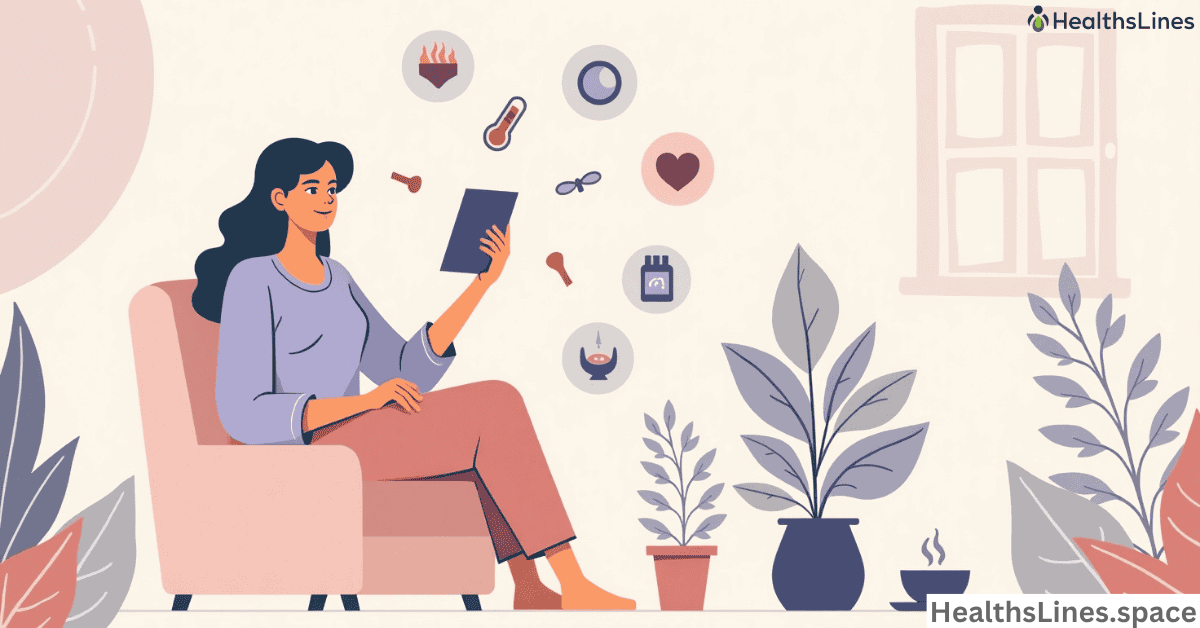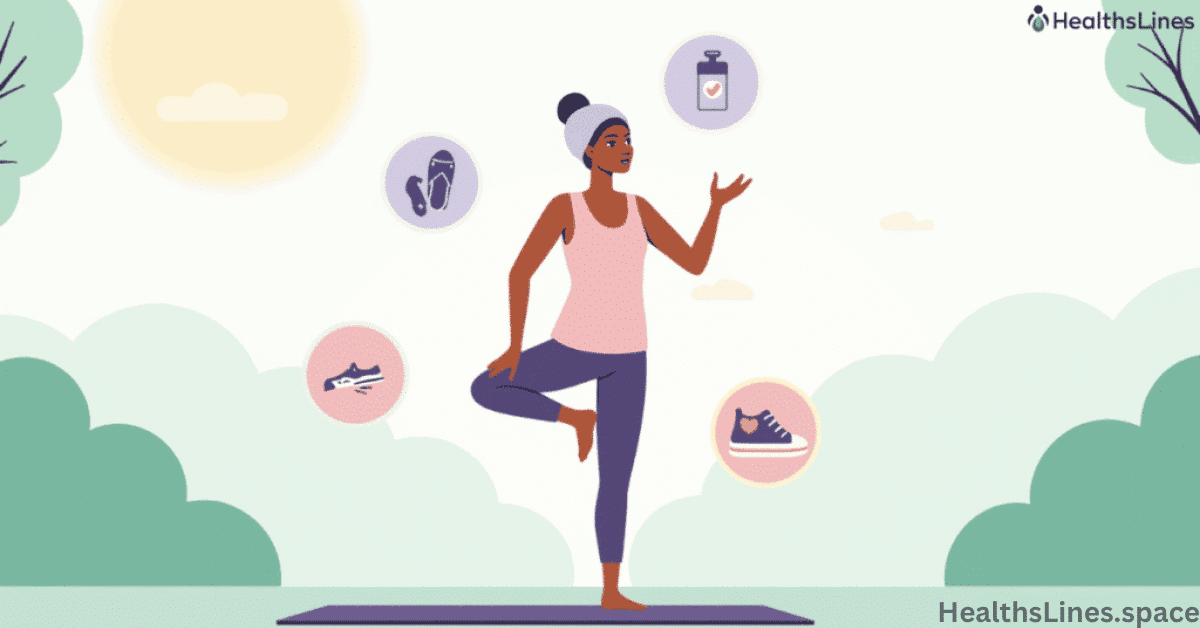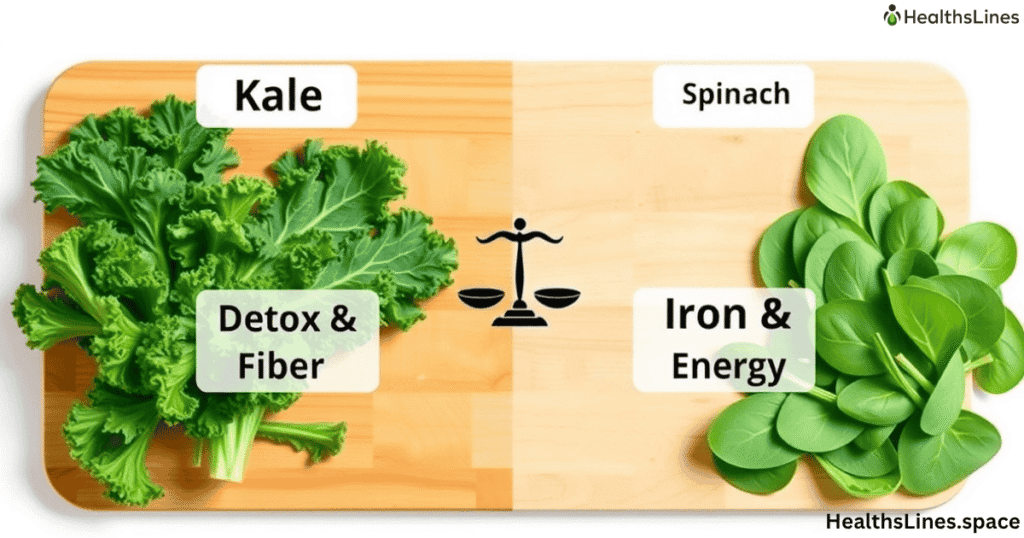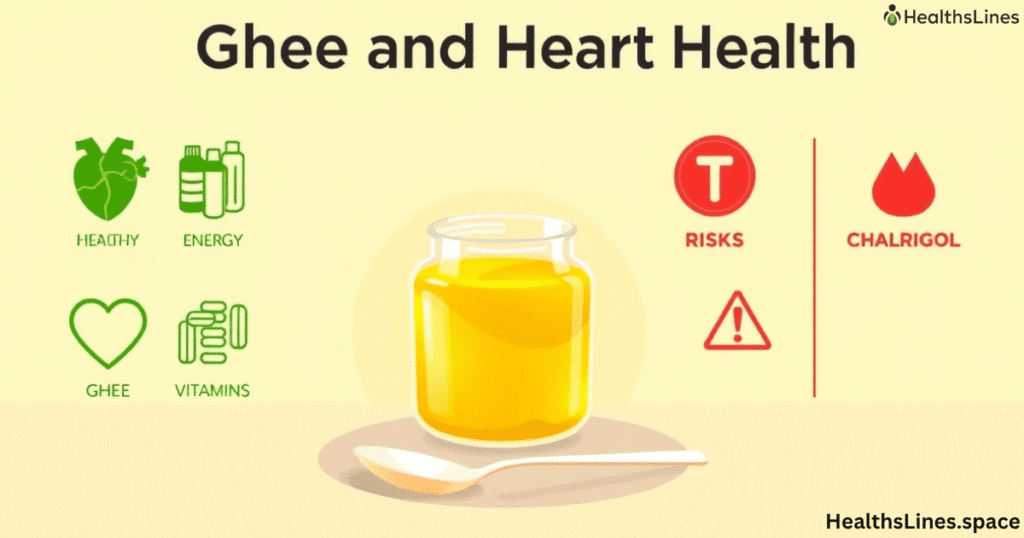Receiving a breast cancer diagnosis at 28 changes your world in ways you never expect. At an age when most people are building careers, relationships, and dreams, learning you have cancer feels overwhelming. But through this journey, many young women discover deep truths about life, strength, and hope. This article shares life lessons from cancer that can help anyone coping with breast cancer in young women or facing a similar fight.
These lessons come from the real experiences of a young breast cancer survivor. They offer guidance on how to handle the emotional impact of breast cancer, take control when possible, and find joy despite the challenges. Whether you are newly diagnosed or living with cancer long-term, these insights can support your path forward.
Control What You Can
At first, a breast cancer diagnosis feels like losing control of your body and future. The medical tests, treatments, and uncertainties flood your mind with worry. But one of the hardest yet most freeing lessons is learning to embrace control over what truly matters. You can’t control the cancer itself or how others react. However, you can control how you respond.
For example, you can choose how to spend your energy. Instead of focusing on fears you can’t change, directing your attention to daily choices — like eating nourishing food, resting when you need to, and staying informed — helps you feel empowered. This shift doesn’t erase fear but reduces its hold. Mental health experts emphasize this kind of focus as a key tool for cancer patient mental health and stress management during illness. It builds resilience when facing the unknown.
The table below shows how focusing on controllable factors can improve quality of life during cancer treatment:
| Focus Area | How It Helps | Example Action |
| Nutrition | Supports healing and energy | Choose balanced meals daily |
| Rest and sleep | Reduces cancer fatigue and burnout | Prioritize 7-9 hours of sleep |
| Emotional care | Improves mindset and coping | Practice meditation or journaling |
| Medical advocacy | Leads to informed decisions | Research treatment options |
By concentrating on these areas, you gain a sense of control and improve your ability to live well despite the diagnosis.
Surround Yourself With Positive Support
Facing breast cancer at 28 can feel isolating. Many young adults feel out of place in typical cancer groups dominated by older patients. Finding a circle of people who uplift and energize you is essential. These relationships provide emotional support for cancer survivors and practical help through treatment ups and downs.
Your support circle might include family members, friends, healthcare providers, or even online communities for young adult cancer diagnosis. Sometimes, you may find that some friendships fade, and that’s okay Life Lessons After a Breast Cancer. Cancer changes how you relate to others, and prioritizing people who truly listen and care can reduce emotional stress.
Studies show that strong social support improves outcomes for cancer patients and helps manage anxiety and depression. Being part of groups where others share similar experiences builds hope and reduces feelings of loneliness. You might seek out local support groups for breast cancer or virtual forums focused on young survivors. This network becomes a source of strength, encouragement, and practical advice when things feel tough.
Make Anything an Adventure!
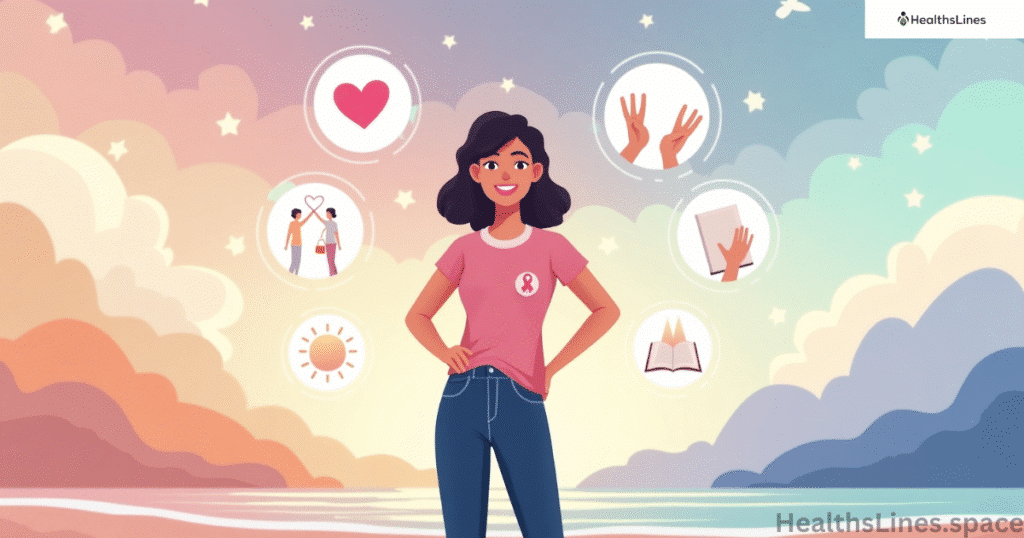
After a breast cancer diagnosis, life can feel uncertain and serious. But one surprising lesson many young breast cancer survivors learn is that joy doesn’t have to disappear. In fact, finding ways to turn even the smallest things into adventures can lift your spirit and give life more meaning. Whether it’s trying a new recipe, taking a different walking route, or planning a weekend getaway, seeing the world through a new lens helps you feel alive again. This mindset doesn’t ignore the hard parts of living with cancer—it simply adds moments of light to help balance the dark.
When you’re facing the stress of treatments, checkups, and changing health, small adventures become a kind of therapy. You don’t need a big budget or a lot of energy Life Lessons After a Breast Cancer. A picnic in the park, painting a room a bold color, or stargazing on your balcony can all become acts of joy. These experiences help you feel more connected to the present moment and less trapped by fear. They also give your mind a break from the constant focus on illness. For many, this approach supports a more positive mindset with cancer and encourages emotional healing.
Embracing adventure also builds resilience. Each time you try something new, even when you’re tired or scared, you prove to yourself that life isn’t over—it’s just different now. These moments of bravery strengthen your inner self and help you cope better with long-term stress. They add meaning and fun to your story, even if your body is still healing. No matter how big or small the experience, treating life as an adventure brings hope, strength, and even laughter back into the journey.
Advocate for Your Health
Taking charge of your own health after a breast cancer diagnosis is one of the most important lessons you can learn. At 28, when you’re suddenly faced with complex medical terms and treatment options, it can feel confusing and overwhelming. But educating yourself about your specific type of cancer, treatment plans, and possible side effects gives you power. It allows you to make informed decisions that suit your body and personal goals. Instead of feeling like a passive patient, you become an active partner in your care. This shift can greatly improve your quality of life with cancer and reduce anxiety.
Many young women find that asking for a second opinion in cancer care helps them feel more confident about the path ahead. It’s a smart move, not a sign of doubt or disrespect. Doctors welcome patients who want to understand all their options. Tracking your symptoms carefully and communicating changes clearly to your healthcare team is another key part of advocacy. Keeping a detailed symptom diary can help you notice patterns and alert doctors to issues early. This approach is especially important for those dealing with metastatic breast cancer, where treatments and symptoms can change over time.
There are many trusted resources available to help you become your own advocate. Websites like the American Cancer Society and Breastcancer.org offer easy-to-understand information tailored to young women Life Lessons After a Breast Cancer. Support groups and cancer survivorship stories also provide practical tips and encouragement. By learning how to ask questions, seek second opinions, and actively participate in your treatment decisions, you take control of your health journey. This empowers you not just to survive cancer but to live well through it. Advocating for yourself is a vital step toward reclaiming your life and moving forward with confidence.
Set Boundaries to Protect Your Well-Being
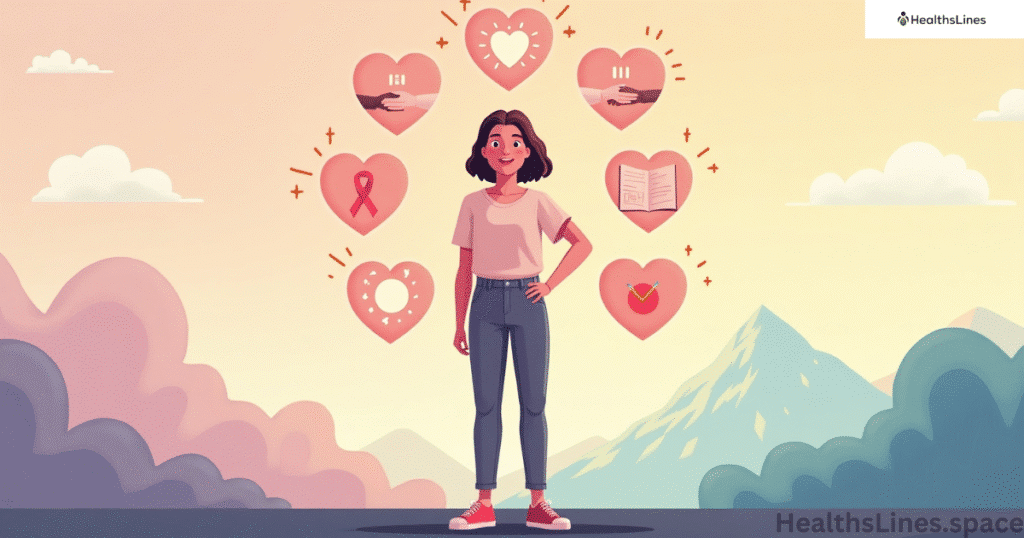
Learning to set boundaries after a breast cancer diagnosis is crucial for protecting your physical and emotional health. Cancer treatments often bring fatigue, pain, and stress that can make daily life overwhelming. At 28, when you’re balancing work, relationships, and personal goals, it’s easy to feel pulled in every direction. Saying no isn’t always easy, but it becomes necessary to avoid burnout and protect your energy. Setting clear limits helps you focus on healing and self-care, which are essential during this difficult time.
Many young women discover that their social life changes after a cancer diagnosis. Some friends may not understand the ups and downs of living with cancer or may unintentionally push too hard. It’s okay to step back from relationships that drain your energy or don’t support your well-being. Communicating honestly about your needs helps others respect your boundaries. This openness also creates a safer space for you to heal without added pressure.
Cancer fatigue and burnout are common and serious challenges during treatment. Pushing yourself beyond your limits can worsen these symptoms and slow recovery. Rest is not a luxury but a necessity. Prioritizing rest and saying no to extra commitments lets you conserve energy for appointments, treatments, and emotional recovery. Many survivors report that setting boundaries improved their mood and helped them manage stress better.
Setting boundaries doesn’t mean isolating yourself but learning to protect your well-being with balance. It involves knowing when to ask for help and when to take time for yourself. This practice supports not only your physical health but also your mental and emotional strength. Over time, boundaries become a tool for managing cancer and living more peacefully with your diagnosis.
Find Joy and Adventure in Small Moments
A breast cancer diagnosis can shift your view of life’s priorities. Many survivors discover new ways to find joy and adventure despite the hardships. Whether it’s a quiet walk in nature, a hobby rediscovered, or simply savoring a favorite meal, these moments boost morale and nurture hope.
Finding joy helps combat the emotional toll of cancer and improves cancer survivorship stories. Studies show that maintaining a positive mindset with cancer correlates with better mental health and coping abilities. Joy doesn’t mean ignoring difficulties but embracing life’s beauty alongside them.
For example, some patients turn routine medical appointments into opportunities to meet new friends or reflect on personal growth. Others set small goals like trying new recipes or planning short trips post-treatment. This approach helps you reclaim your identity beyond cancer and supports holistic well-being.
Conclusion
A breast cancer diagnosis at 28 brings profound challenges and life lessons. By focusing on what you can control, building a strong support circle, advocating for your health, setting clear boundaries, and finding joy in small adventures, you create a path toward healing and growth. These lessons are not just for surviving cancer but for living fully beyond it.
Remember, every survivor’s journey is unique. These insights offer hope and practical wisdom to empower you as you navigate life with cancer. In the face of uncertainty, resilience grows from within. You are not alone, and the strength you build today shapes the brighter tomorrow you deserve.


